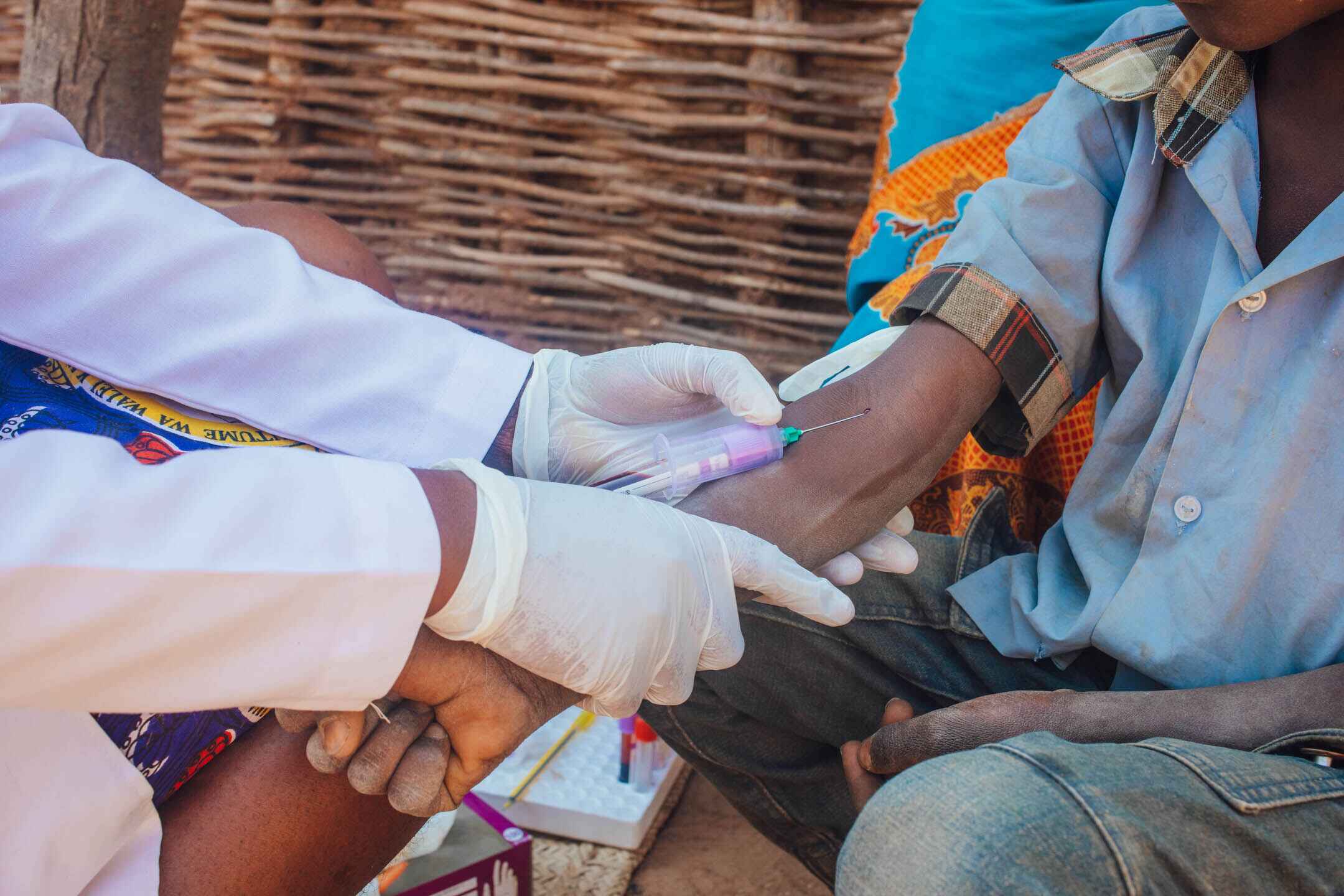Interventions
Our Interventions


Health
The USAID Kizazi Hodari Northeastern Zone Project implements its activities by utilizing the National Integrated Case Management System (NICMS) approaches to identify new HIV cases among OVC and youth, link to HIV Testing Services (HTS), Antiretroviral Therapy (ART), monitor and support beneficiaries throughout the HIV continuum of care. Through Care and Treatment (CTC) and Reproductive and Child Health clinics (RCH), the project enrols beneficiaries (OVC & Caregivers). The project through Community Case Workers (CCWs) conducts household visits to households and provides case management services to beneficiaries. During household visits, HIV risk assessment is conducted, HIV testing and Viral Load testing.
Through close collaboration with healthcare providers, community volunteers, and caregivers, the project works to achieve viral suppression, enhancing the health and well- being of C/ALHIV and contributing to broader HIV epidemic control efforts. Additionally, in collaboration with USAID Afya Yangu Northern, Afya Kamilifu, and Afya Hatua projects, the project monitors beneficiaries’ clinical outcomes through data sharing, CTC priorit meetings, participation in quarterly data review meetings, and data triangulation. The project also collaborates to facilitate professional household (clinical, social welfare, palliative care) visits to C/ALHIV with difficulty in ART adherence contributing to improvement in ART uptake.
